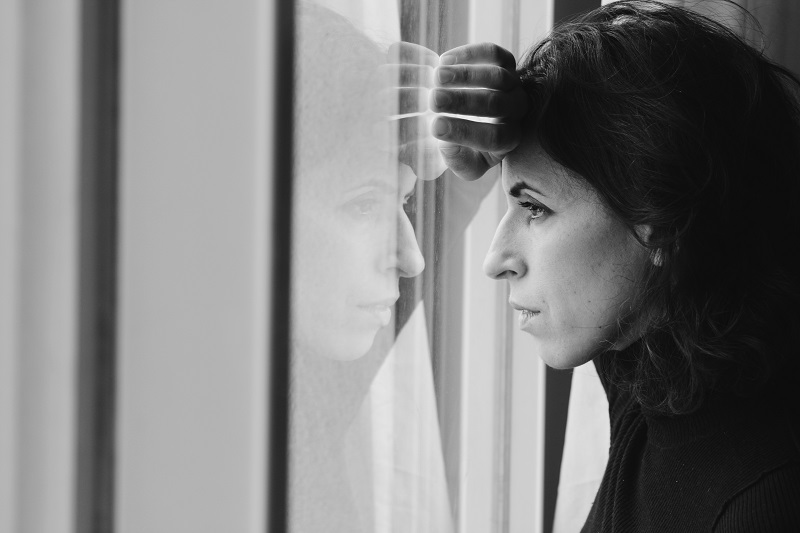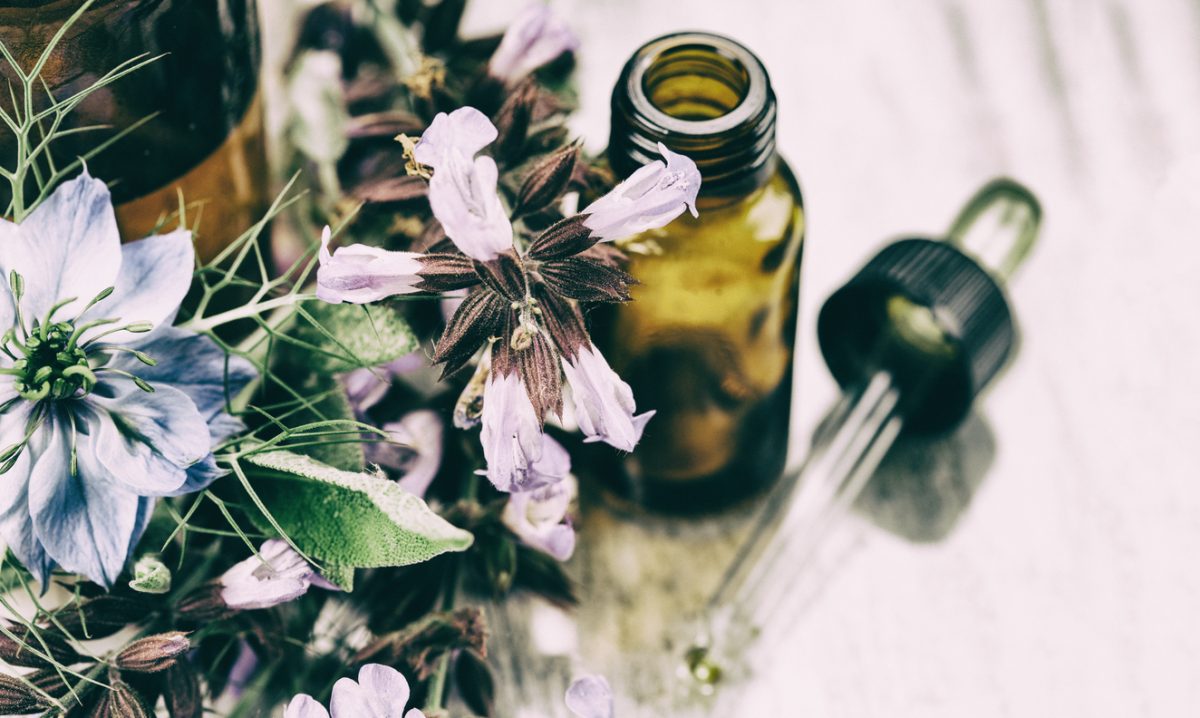
It does not matter what habits you form if they’re ultimately constructive rather than destructive. People encounter a lot of stress over the course of their lives – naturally, like any other being on planet Earth, we must deal with the unpredictability and inherent risks of living. That, and we each deal with our fair share of responsibilities. this is why forming good habits in recovery is especially important for hose recovering from addiction.
At some point, things just get too much. How we cope with the mountain of pressure depends from person to person. Some people drink – that is a maladaptive coping mechanism. Other people paint – that is an adaptive coping mechanism. Addiction itself can sometimes be the result of a bad habit – a maladaptive coping mechanism. We begin to rely on addiction to more easily ignore our problems rather than help solve them.
Drinking exacerbates your problems. It does not make them go away, it simply incapacitates you from finding a solution towards them. Painting is an effective way to build off stress, express your creativity and avoid letting emotions cloud your judgment – it allows you to take a moment away from the situation to better compose yourself and deal with your problems in the future.
Good habits in recovery are adaptive. They help you grow as a person to deal with your problems, rather than gloss over them with distractions. And they’re extremely important both during early recovery, and in general throughout life. Here are a few ways to build good habits in recovery to help in managing long-term sobriety.
Start The Day Right
The first thing you should do when you wake up is make your bed. It may seem rudimentary, but if you aren’t doing that already, then it will have a significant impact on your mental state. Chores are not just about keeping clean – they’re about discipline, consistency, and creating a mindset that involves caring about yourself and your environment.
The simple act of shaking out your sheets and making your bed takes all of thirty seconds, and leaves you with the feeling that you’ve already accomplished something. It encourages you to accomplish more things throughout the day. And, if you do end up having a miserable day, then you’ll have a made bed to look forward to.
Create A Schedule
Next, create a schedule – one you can stick to. Remain flexible here and there to account for instabilities and avoid putting you in the stressful situation where you end up running around to get everything on your schedule done with minimal delay.
Be sure to make a small list of the things that are most important to you daily, and a weekly basis, and create a schedule for an entire week that involves your at-home and working responsibilities, your recovery responsibilities, and the good habits in recovery that you plan to build.
Don’t Do It Alone
One of the most important pieces of advice is not to pursue creating good habits in recovery alone. Some people have the inherent willpower and discipline to work on themselves for months and years at a time, and develop new skins and healthy habits. Others falter with time, losing interest or becoming distracted.
If you’re doing this to help improve your drug recovery and transform into a more consistent (and consistently sober) person, then consider asking your friends to join you in keeping a few good habits together. Get a workout partner, join a book club, learn a language with your spouse. There are countless ways to improve yourself alongside others. A sober living community is also a great option to find a community of like minded individuals looking to form good habits in recovery as well.
Exercise Regularly
Even if exercise is not part of your list of good habits in recovery to form, it should be. Half an hour of intense exercise thrice a week is enough to keep you in a healthy condition, and gain all the benefits of exercising – including the benefits people in recovery get to look forward to.
Exercise flushes your body with endorphins, curbs the withdrawal effects of drug use, acts as an amazingly effective stress reliever, and it makes you feel a lot better about yourself.
Set Monthly Goals
Weekly goals will simply fatigue you. Annual goals are often too long-term, and it’s far too easy to lose motivation over the course of twelve months. However, setting monthly goals will give you the opportunity to have something to look forward to every four weeks, while keeping the drive to stay productive without pushing yourself into the boundaries of a burnout (and beyond).
If you enjoy lifting weights, ask around for appropriate and realistic goals within your stage of training (beginner, novice, intermediate etc.), and aim to reach those goals or even exceed them slightly. If you’re dedicated to a language, aim for a specific monthly quota of conversations with natives over the Internet, or if you’re just beginning, aim for a specific monthly quota of new additions to your vocabulary. If you’re reading, aim to finish a set number of books per month.
Monthly goals are not meant to be a lifelong habit. Instead, they’re a tried-and-true method towards developing good habits in recovery that later become a part of your daily or weekly routine. Learning a new instrument, tackling a new language or culture, or practicing for a specific sport (or even just training to condition yourself) – these are all endeavors that aim for self-improvement, require little investment aside from time, and deliver tremendous results over the course of months and years.
It’s okay to fail to meet your own expectations sometimes. Life can get in the way of our plans, and there will be months when we miss our goals. But it’s not about sacrificing everything to make sure you cram in those last few words or skim through the final pages of a book you could have otherwise enjoyed, a language you lose passion for because learning it becomes a chore.
The passion matters. The love for what you’re doing matters. Discipline is important, but it’s quite easy to take things too far and turn what you love into something you dread and shy away from. Find the balance, and you’ll live a much happier and more fulfilling life.









